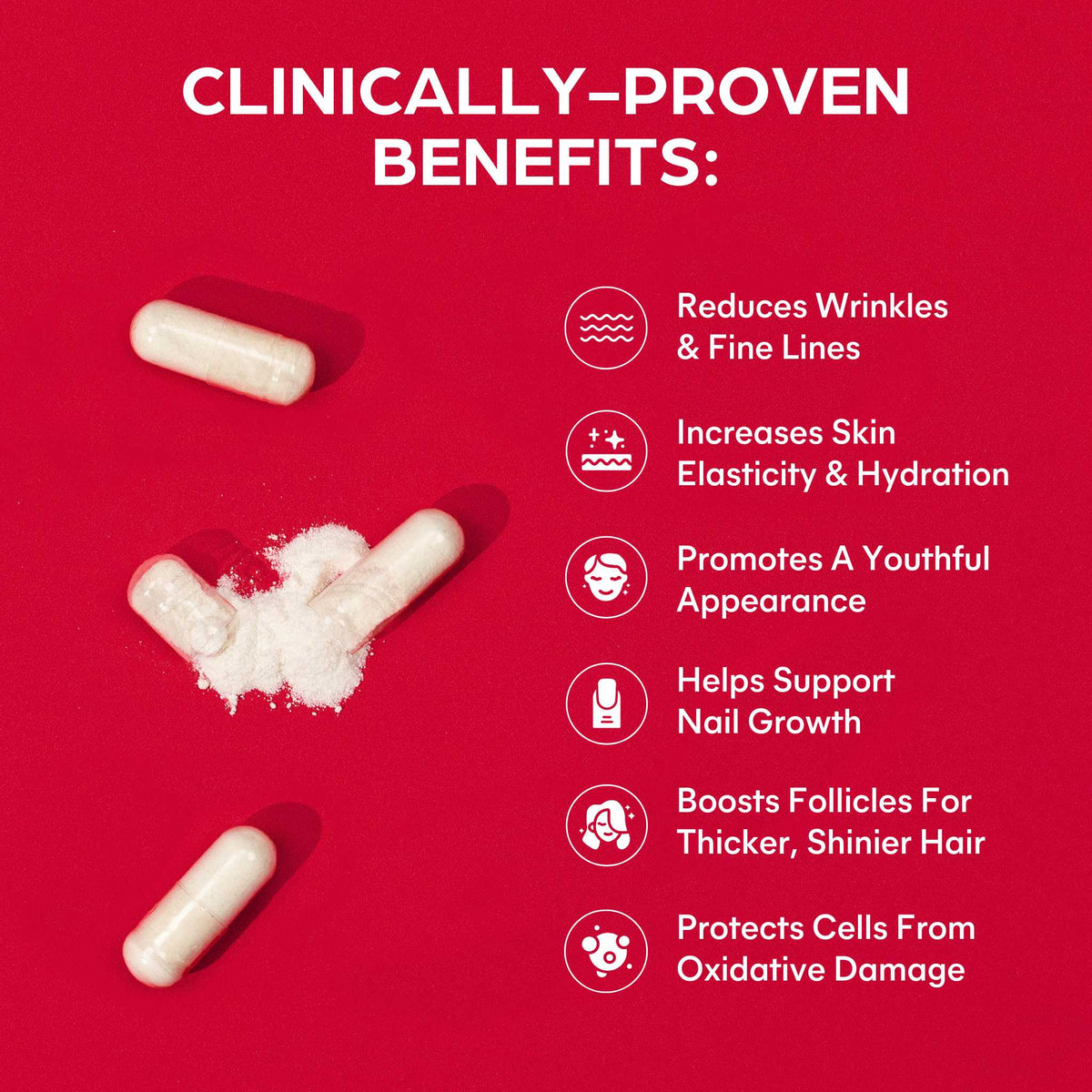Perimenopause refers to the time when your body starts to transition from it’s reproductive years to the beginning of menopause. The name itself means ‘around menopause’ but perimenopause may also be referred to as the menopausal transition. There is no specific age that a woman will begin to experience signs of perimenopause and they can crop up anytime from your mid 30’s to your mid to late 40’s, depending on the individual.
There are some key symptoms to look out for to identify if you are perimenopausal, which are related to the hormonal fluctuations that happen as the body begins this transition.
Symptoms are similar to those experiencing menopause but they may be less intense or more infrequent, increasing as the body moves towards full menopause. Below are some common signs and symptoms that can indicate perimenopause:
Irregular menstrual cycle
This can be a change in your menstrual flow or a change in your cycle or period length, especially late or missing periods. If your usual cycle changes by 7 days or more, it is suggested you are in the early stages of perimenopause. Late periods or missed periods lasting 60 days or more indicate a later stage of perimenopause.
Even if you are not a candidate for perimenopause, we would always suggest using period tracking apps or tracking manually anyway to understand your cycle and make it easier to identify any changes or concerns.
Vaginal or bladder issues
Decreasing levels of oestrogen as your body moves towards menopause can result in problems such as dryness, painful intercourse or more frequent urinary tract and vaginal infections. Some women may also begin to experience incontinence due to loss of tissue tone.
Mood Swings
Mood changes, irritability and bouts of depression are all symptoms of perimenopause. As hormone levels begin to decrease, your mood can be affected and the severity of mood swings can vary from person to person depending on their sensitivity to these hormonal fluctuations.
Change in Sexual Function
A lower libido and reduced interest in intimacy are also a sign of perimenopause which can be brought on by the hormonal changes within the body or worsened by vaginal or bladder issues that can occur around the same time.
Hot Flashes and Poor Sleep
When hot flashes begin, this is a sign that the individual is entering perimenopause. The length, frequency and intensity can vary person to person and they may begin to worsen as you transition to full menopause. Sleep can be disturbed when they occur during the night but interrupted sleep is also common, even without hot flashes.
Decreasing Fertility
As your menstrual cycle changes and ovulation becomes irregular, fertility will naturally decrease. However, still having periods means pregnancy is still possible so anybody using contraception should continue to do so, even if they begin to experience symptoms of perimenopause.
Loss of Bone Mineral
As oestrogen levels continue to decline, bones may become weaker and women experiencing perimenopause and menopause may be at greater risk of developing osteoporosis. Our menopause supplement has been formulated with Zinc and Magnesium to contribute to the maintenance of bone health, as well as Calcium and Vitamin D to help reduce the loss of bone mineral.

Menopause Complex
If you are experiencing any of these symptoms and they become unmanageable or begin to affect your day to day life, we would always suggest speaking to your GP - especially if your mood is severely affected.
If you are seeking a more natural treatment to alleviate these symptoms, our Puro Perimenopause bundle includes 3 carefully-selected products that have been designed to target symptoms associated with this transition.
These 3 high-quality, potent supplements have been designed to support female health and help you get back to feeling your very best, as you begin the naural transition into menopause.





















